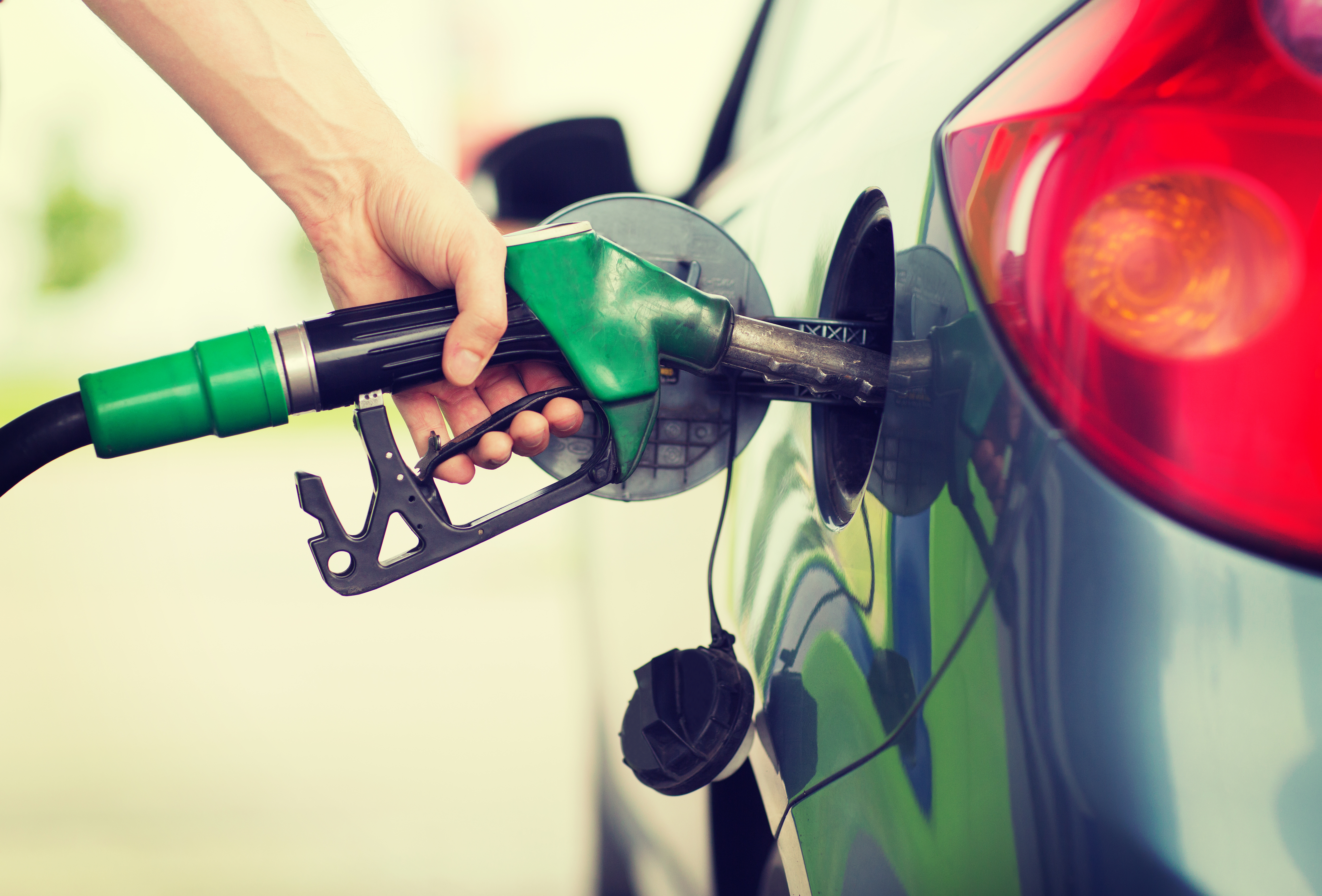Household Bills
Motorists hit with biggest petrol price rise in more than three years

The price of petrol in October rose faster than at any time since February 2013, according to the RAC.
A combination of a weak pound, Brexit fears and rising oil prices have led to average petrol prices rising by 4.39p per litre from 112.34p on 2 October to 116.73p on 31 October.
This means it now costs £64.20 to fill an average-sized 55-litre petrol family car, with a similar diesel car costing £65.25 per tank to fill.
Diesel has risen at its fasted rate since May 2008, up 5.17p per litre, ending the month at 118.65p on average, having climbed from 113.48p at the start of October, according to RAC’s latest Fuel Watch report.
The average price of both fuels at the forecourt are now at their highest levels since July 2015 – 116.73p per litre for petrol and 118.65p for diesel.
Regionally, there are big variations. The south east of England remains the most expensive place to buy petrol in the UK, with the average price standing at 117.18p per litre, while East Anglia remains the most expensive region for diesel with the average litre on sale for 119.13p.
Northern Ireland remains the UK’s cheapest fuel spot, with the average price of unleaded at 115.45p per litre and diesel at 117.25p.
Prices due to stabilise
Despite the steep rises, the RAC said there are hints that pump prices may stabilise or even reduce slightly as we head into November, as the cost of oil has started to fall back in the last days of October.
A barrel of Brent crude averaged just under $50 through the month but ended October at a one-month low of $46.63, down from its peak of $51.63 on Wednesday 19 October.
Wholesale prices have also responded by falling sharply at the very end of the month, down by almost 1p and 2p a litre for petrol and diesel respectively.
Calls for fuel duty freeze
RAC fuel spokesman Simon Williams said: “October 2016 was an historic month for UK pump prices but – sadly for motorists – for all the wrong reasons. The effects of the weak pound have really been felt on the wholesale market, and this, combined with an oil price at nearly double its lowest level in 2016, has put significant upward pressure on wholesale fuel prices. Retailers have had no choice but to reflect these dramatic increases in the prices they charge at the pumps.
“Certainly, we are a long way from the remarkably low fuel prices enjoyed by families and businesses early in 2016, when the average price of unleaded was around 102p per litre and diesel was 101p.”
Williams explained the biggest variable affecting what drivers pay when they fill up is the oil price. OPEC, which represents some of the world’s biggest oil producers, recently agreed in principle a cut in production.
“This would mark a move away from the over-production strategy that they have employed for so long, and mere talk of a cut has been enough to force oil prices higher. But a final deal is still to be agreed at an OPEC meeting at the end of this month and, with some analysts suggesting a deal might yet stall, this leaves open the prospect oil prices might stabilise or even fall before the end of the year.”
He said that with the volatility of prices, it should stop the chancellor considering an increase in fuel duty in this month’s Autumn Statement.